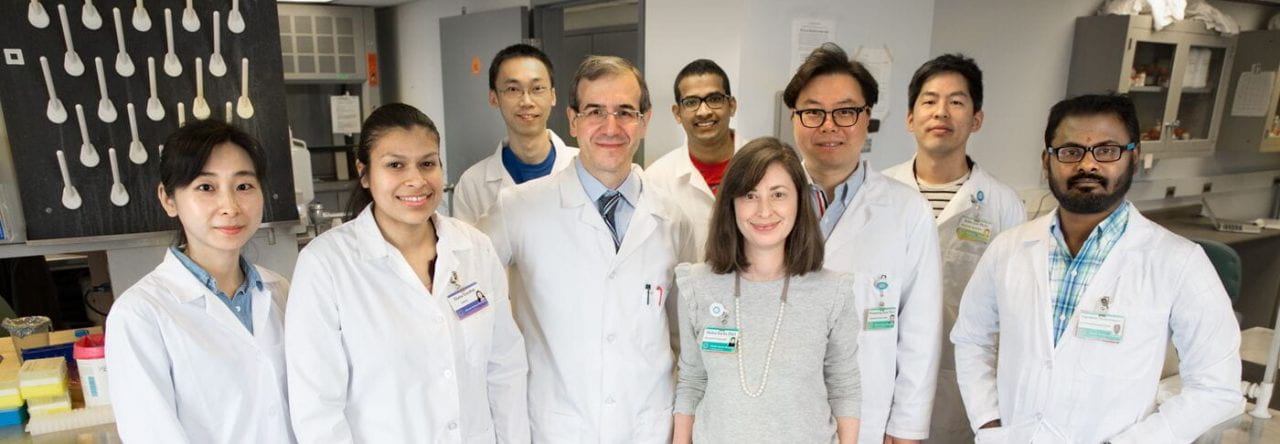The Mylonakis group has an inter-disciplinary and translational focus, and we use a variety of tools to answer complex scientific questions. This diverse approach includes areas such as molecular biology, immunology, biostatistics, decision-making analysis, risk assessment, outcomes research, and cost effectiveness studies.
We study the outcome of the interaction between a pathogen and a host. Some virulence factors are induced only in the host and may therefore require specialized techniques to be identified, based on detection of these genes in vivo or the survival of mutagenized strains within specific host environments. The hypothesis is that a common, fundamental set of molecular mechanisms is employed by fungal pathogens against a widely divergent array of metazoan hosts. These surrogate hosts fill an important niche in microbial pathogenesis research and, along with established mammalian models provide us with a unique opportunity to identify and study basic, evolutionarily conserved aspects of microbial virulence and host response.
We have developed a high-throughput whole-animal Caenorhabditis elegans assay to screen libraries of chemical compounds and identify those with antifungal activity. In vivo evaluation of libraries of chemical compounds could solve some of the main obstacles in current antifungal discovery, such as finding new classes of compounds and solving the bottleneck of toxicity/efficacy testing.
Our host-pathogen and antimicrobial drug discovery studies utilize biostatistics, whole animal HTS, and screening by imaging, to identify lead compounds and study the fundamental molecular mechanisms that are employed pathogens against a widely divergent array of metazoan hosts.
Also, we established a Center for Antimicrobial Resistance and Therapeutic Discovery (CARTD) and we have developed a series of collaborations that support a drug discovery program that is based on molecular and classical microbiology, biochemistry, medicinal chemistry, toxicology, animal pharmacokinetics and efficacy to drive discoveries and understand mechanisms of action and resistance.
Complete List of Published Work:
